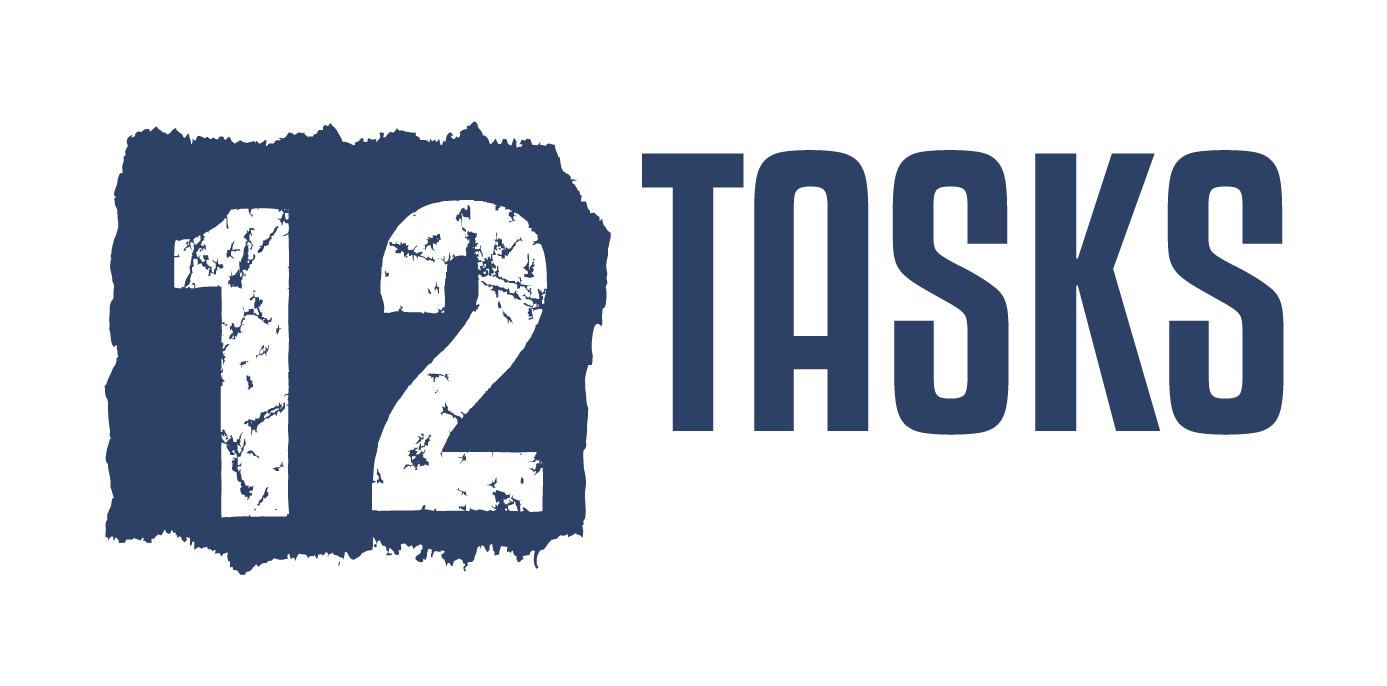While my own daughter has been hyper-vigilant in controlling the amount of screen exposure time with her four children, I realize that more and more of the youth in our faith community are spouting off conspiracy theories I’m sure they didn’t pick up at school. Fake news has done so much to divide communities of all kinds and it appears that 14-year-olds are key targets.
The British Journal of Developmental Psychology noted that 14 years of age marks the time when children start embracing unproven conspiratorial ideas. During this age, students are exposed to huge waves of information, but their minds aren’t developed enough to discern and sift out what sources are trustworthy and which are not. Using the 12 Tasks to cement your relationship with your vulnerable child will mean that you have a channel for authentic discussion when these new ideas start to surface.
The high exposure of our children to digital media on a consistent basis means that ours sons and daughters can quickly find themselves in compromising situations. If they aren’t given the full exposure, due to our parental oversight, it is likely that many of the friends they connect with are being impacted by new and strange ideas online. Are there ways that we as trusted adults can help them through the vulnerable years?
Young people often face moments of insecurity and limited self-awareness. They are vulnerable and impressionable in ways they don’t even understand. If we have assisted them in establishing emotional security, self-confidence, and moral certainty, then we will likely see enough stability to help them through the challenges, conflicts, and confusing messages coming their way. Being grounded will give them strength to respond in solid ways.
My daughter and her family live with us in a multi-generational set up. All four of her children take Karate while her daughters take gymnastics. They aren’t on screen time a lot with all the practice these skills involve. I am amazed at the confidence they display in their speech, responses, and thinking patterns. Their sense of identity and self-awareness anchors them in what they face.
Identity is tied to things like values, passions, strengths, personality, purpose, history, experiences, and relationships. A parent’s role, early, is to help their son or daughter to articulate who they are in each of these areas of life. The better they can do so, the better they will weather the storms coming their way.
Critical thinking is a skill that helps with discernment so that fake news, scams, emotional manipulation, anti-social ideas, and conspiracy theories are evaluated against the reality, morality, values, and experience that trusted adults have helped to formulate in advance. Author, Mary Beth Hertz, (Digital & Media Literacy in the Age of the Internet), focuses on practical skills students need to assist in critical thinking as they engage with digital content. She postulates five questions each of us can ask as we engage with the visual and artistic content to help determine truthfulness and helpfulness. It would be good as a family to choose some specific examples from media and go through these questions together.
- Who created this message?
- What creative techniques are used to attract my attention?
- How might different people understand this message directly?
- What values, lifestyles, and points of view are represented in, or omitted from, this message?
- Why is this being shown, sent, or shared?
Asking questions of everything you see will naturally develop a sense of critical thinking.
One of the key roles of being a trusted adult for an adolescent or emerging adult is to help them with impulse control. We reorient thinking from a complete self-focus to an others-focused worldview, along with the behaviors that accompany such thinking. Part of self-control is not giving in to the first option as if it is the only one.
Journalists used to confirm their information through three different sources before being assured that the news was reliable enough to report it to the public. This is an important skill students can develop to be assured of what they hear. Three trusted adults in their world can provide a sense of confidence in what they are embracing as they grow and develop their mind.
The community of parents and adolescents who bond together in sharing the 12 Tasks journey provides a natural culture and safeguard for trusted adults who can provide the critical thinking, evaluation, and support that emerging adults need.

